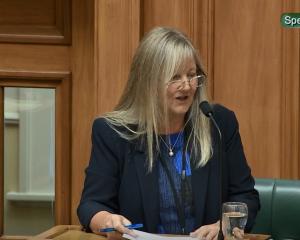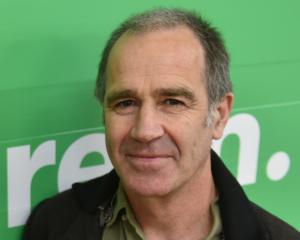A high-level review of the Official Information Act will not uncover any widespread political interference in the release of information, its author says.
The Ombudsman's Office will release the findings from its comprehensive, year-long review next week.
Chief Ombudsman Dame Beverley Wakem said today that the investigation had not discovered malicious or deliberate misuse of the Official Information Act (OIA) by ministers' offices or by Government departments.
"We've really shaken the tree over this and haven't been surprised by what's fallen out," she told a Parliamentary committee this morning.
She admitted that she had suspected political interference, but had found no hard evidence of it.
Dame Beverley said people who had complained to her office could be perceiving political spin or "bad behaviour" when it did not exist, and she could not make any findings "based on hearsay".
Her office had found that most delays and problems in OIA releases were caused by high volumes of requests, lack of resources, or complications caused by policies that were spread across numerous ministers or agencies.
Dame Beverley said ministers were encouraged to consult with their departments about information releases, and ministerial input was not necessarily sinister or an attempt to obscure damaging material.
"The act allows for that consultation," she said.
Dame Beverley also appeared to blame media for responses to information requests.
She said the media's appetite for a "gotcha headline" had made chief executives "gun-shy" about releasing information.
The review would conclude that the act itself did not need amending.
The main problem was Government departments' inconsistent interpretations of the act, and one of the recommendations would be more training for staff.
The review would not name and shame poorly-performing departments. But it would recommend annual audits that would reveal which departments were the least compliant in responding to OIA requests.
Under questioning by the select committee, Dame Beverley also backtracked on her criticism of Prime Minister John Key.
In October, she said Mr Key had a "cavalier" approach to the OIA and had shown a "disregard for the law".
Her comments were in relation to Mr Key's admission that his office sometimes waited 20 days to release information if it was in its political interests.
Asked about her comments today, she said they were "not her finest hour".
She said she was "door-stopped" by reporters on the issue and had to scramble to respond without knowing the context.
She originally made the comments in an interview on TV3's The Nation.
The release of the report will be Dame Beverley's last act as Chief Ombudsman after 10 years in the role.
She is being replaced by former Principal Family Court Judge Peter Boshier next week.












